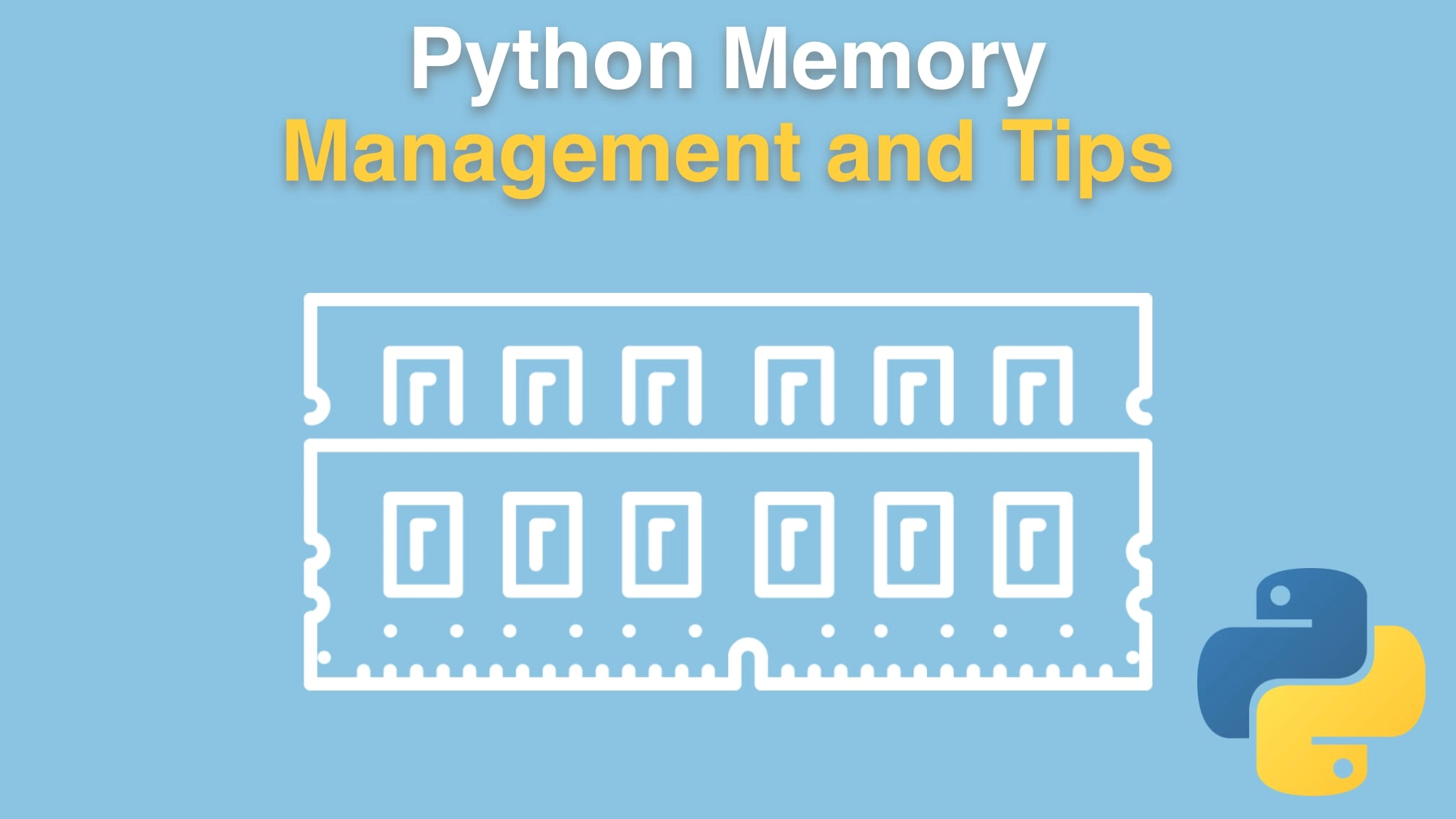Python Memory Management and Tips Transcripts
Chapter: Recovering memory in Python
Lecture: When reference counting breaks
Login or
purchase this course
to watch this video and the rest of the course contents.
0:00
Well, you heard me go on about the benefits of reference counting. It's fast, It's lightweight, it's deterministic
0:08
and yet we saw there's this other thing called a GC that must be doing something, a garbage collector, and it wasn't involved in reference counting.
0:15
So what's the deal? Where does reference counting fall down? Where does it break? Reference counting is excellent, but one thing it cannot deal with
0:25
is cycles. You have one object you create and then that object refers to another and then some other part to another,
0:32
which links back to itself, which might create some kind of cycle.
0:36
You're gonna end up in a situation where the reference count can never go smaller than 1, so the object will never be freed, and it'll be
0:43
leaked. Memory will be leaked and it won't be great. There's some interesting things you can do around that for performance,
0:50
but first, let's just look at the problem. So let's start with some simple code. We have our person that we created, and we can add friends to them.
0:59
So we're gonna create one person whose name is Michael. There they are. They're out here in memory.
1:03
So person name is Michael. They have some friends, there are no friends in there yet. Create another person.
1:09
Her name is Sarah. She's out here in memory, and she has no friends either. But notice each one has a reference count of 1, and 1 because p1 points
1:17
at Michael, so that's 1, p2 points at Sarah, so she gets 1. However, Michael and Sara are friends, so we're gonna go over to Michael,
1:27
p1, and say "add to the friends, or appended to the friends list, p2, that's Sarah". So that means that Sarah is one of Michael's friends.
1:36
Sarah, being a lovely person, wants to reciprocate that and says, "hey, I'm also a friend. Michael is my friend because I'm his friend",
1:45
right? So in the same way, we're gonna put Michael into Sarah's list of friends. And now look, each of them have 2 reference counts.
1:54
And now we decide "hey, we're done with p1", and that's going to take away this link, and the reference count for Michael is 1.
2:01
The 1 comes from Sarah and her friends list, pointing back, and guess what, we're done with Sarah as well, so we're gonna take away that link,
2:08
and her reference count goes down to 1 as well because Michael is one of her friends, and she's in his friend list.
2:16
So look at this. We're in this situation where there's no more variables pointing at either Michael or Sarah, and yet their reference count is 1.
2:24
What action could possibly happen in this program that will make that go to zero, either for Michael, so that he'll get cleaned up,
2:32
which will take away the reference count of Sarah and get her to clean up or in reverse? Well, there's nothing left pointed at them.
2:37
No one can manipulate the friends list because no one even knows about these variables anymore.
2:42
This is just a fundamental flaw in reference counting garbage collection. If you end up in a situation like this, you're done. Those things will never,
2:51
ever be cleaned up. I guess you could like C++, remember to always break the cycles. But that's not gonna work, right? It might not be this simple.
3:00
There could be, Michael has some other friend who has some other object which holds on to other people who then hold on to Sarah,
3:08
who happens to be one of Michael's friends or, you know, something like some big, long, complicated chain. It's not a 2 person linked cycle.
3:15
It could have many, many links in that cycle, and it could be really hard to understand. So these cycles,
3:20
that's what fundamentally breaks reference counting. You can see, we've even set both the variables to none,
3:26
and there's no mechanism for cleaning up Michael or Sarah because they're in this, like, locked bit where you've gotta wait for one to go away to get
3:34
to the other, but that's never gonna happen.
